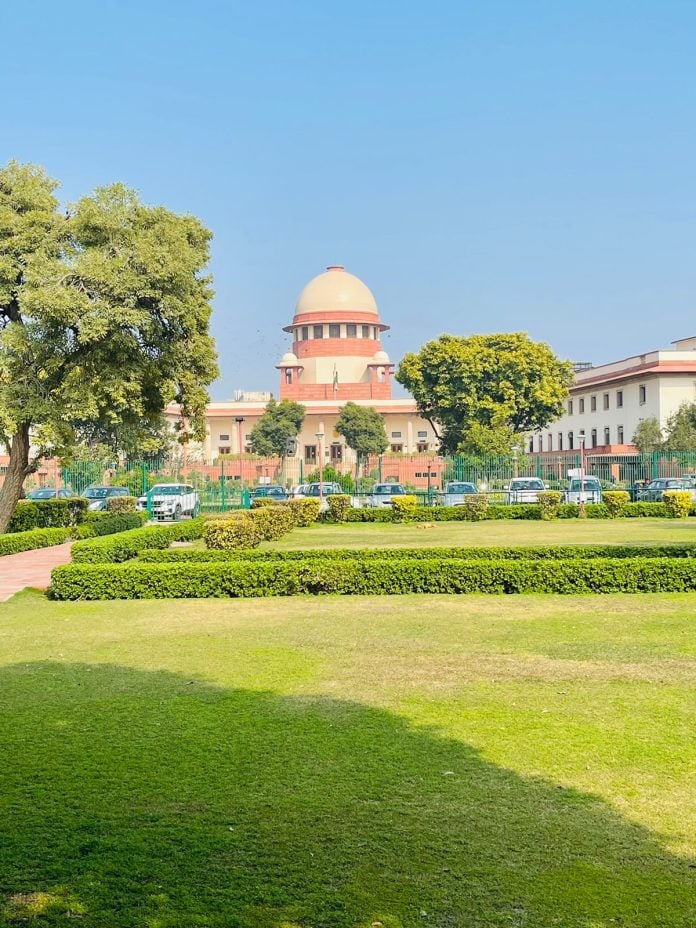The Supreme Court on Tuesday ruled that an unstamped agreement, which had an arbitration clause and was required to be registered and stamped, could not be considered as a valid legal document under Section 2(g) of the Contract Act.
The Constitution Bench of the Apex Court, comprising Justice K.M. Joseph, Justice Ajay Rastogi, Justice Aniruddha Bose, Justice Hrishikesh Roy and Justice C.T. Ravikumar, held by a 3:2 majority that an instrument which was exigible to stamp duty and contained an arbitration clause, but was not stamped, could not be said to be a contract enforceable in law within the meaning of Section 2(h) of the Contract Act.
While Justice Joseph, Justice Bose and Justice Ravikumar wrote the majority opinion, Justice Rastogi and Justice Roy gave the dissenting verdict, stating that unstamped arbitration agreements were valid at the pre-referral stage.
The majority held that the Apex Court was duly empowered to act under the Stamp Act. If a document was not stamped, the arbitration agreement not validated by the Stamp Act would stand non est in law.
Overruling the decision in the Tea Estates case, Justice Rastogi said that such an examination should not open the door wide open for judicial examination. The existence of a certified copy of the arbitration agreement, whether unstamped or not, was enforceable for the appointment of arbitrator. All preliminary maintainability issues of the document were referable to the arbitrator.
Justice Roy, who also gave a dissenting opinion, said that the objective behind the 1996 Act was to inter alia avoid procedural complexity and litigation between courts. He noted that impounding and stamping would frustrate the same, as enforcement would be stalled, when the same could be solved at a later stage.
Justice Roy further said that the current position could not provide clarity on this issue. Noting that a larger bench reference was not common, he said the issue was way too important to leave it lingering for clarification by a larger bench.
He appealed to the legislature to revisit the amendments necessary in the Stamp Act to efface inconsistencies. The judge observed that statutory schemes have to be interplayed in a constructive manner if India was to become a centre for arbitration.
Mentioning the Garware Wall Ropes Ltd vs Coastal Marine Constructions & Engineering Ltd case, he said the Court had wrongly held in the case that an arbitration agreement contained in an unstamped contract could not be taken in evidence and invoked.


